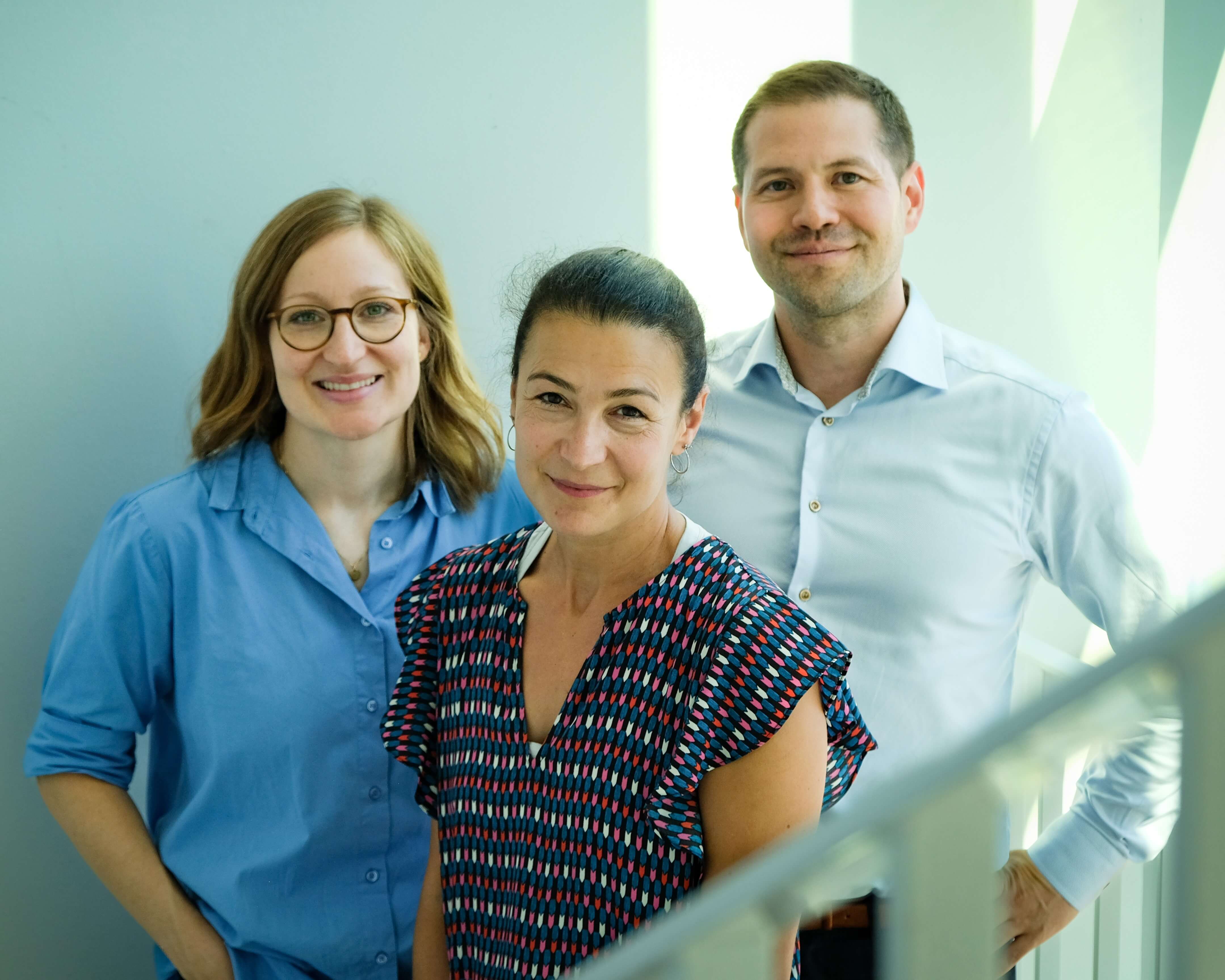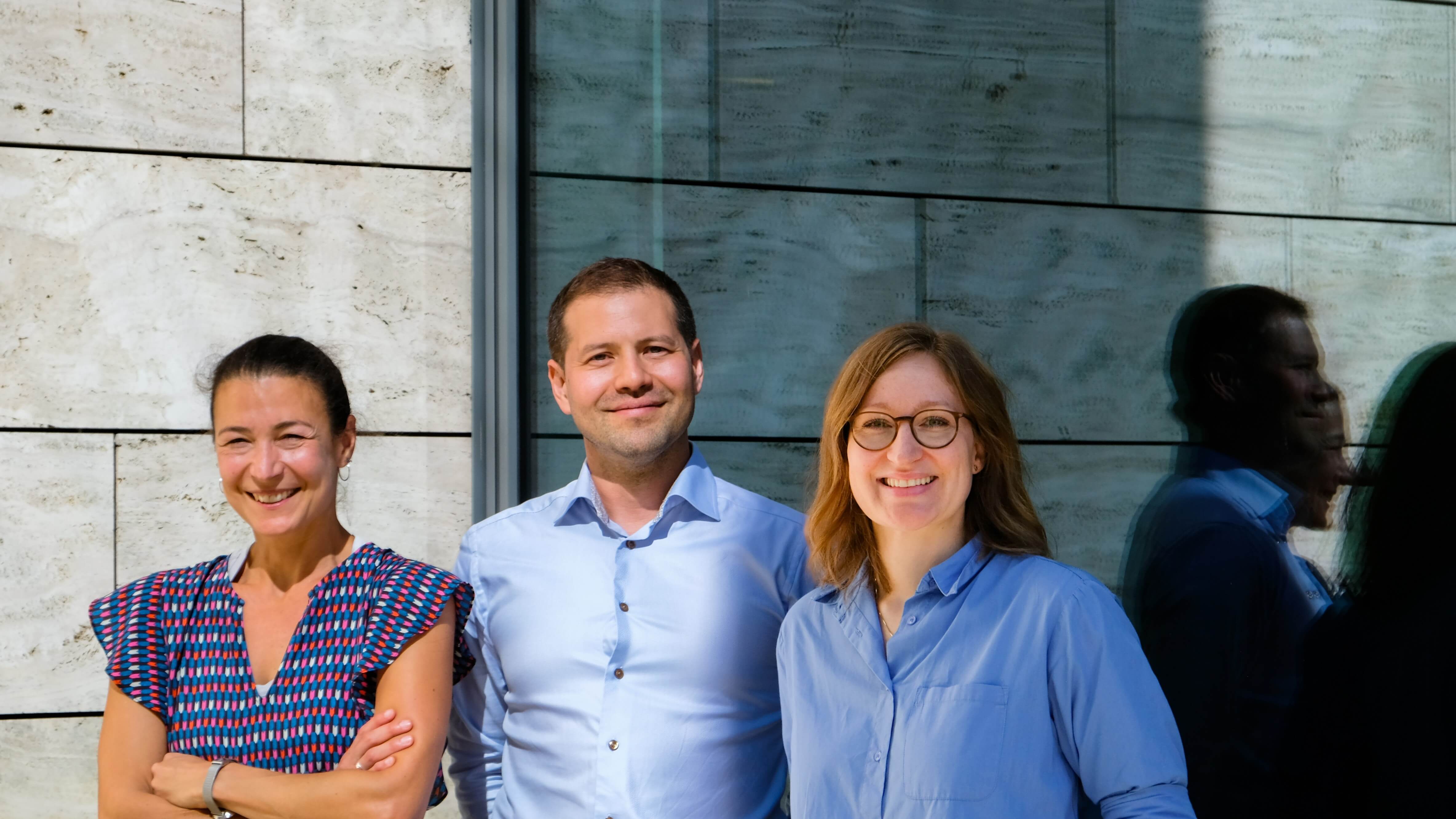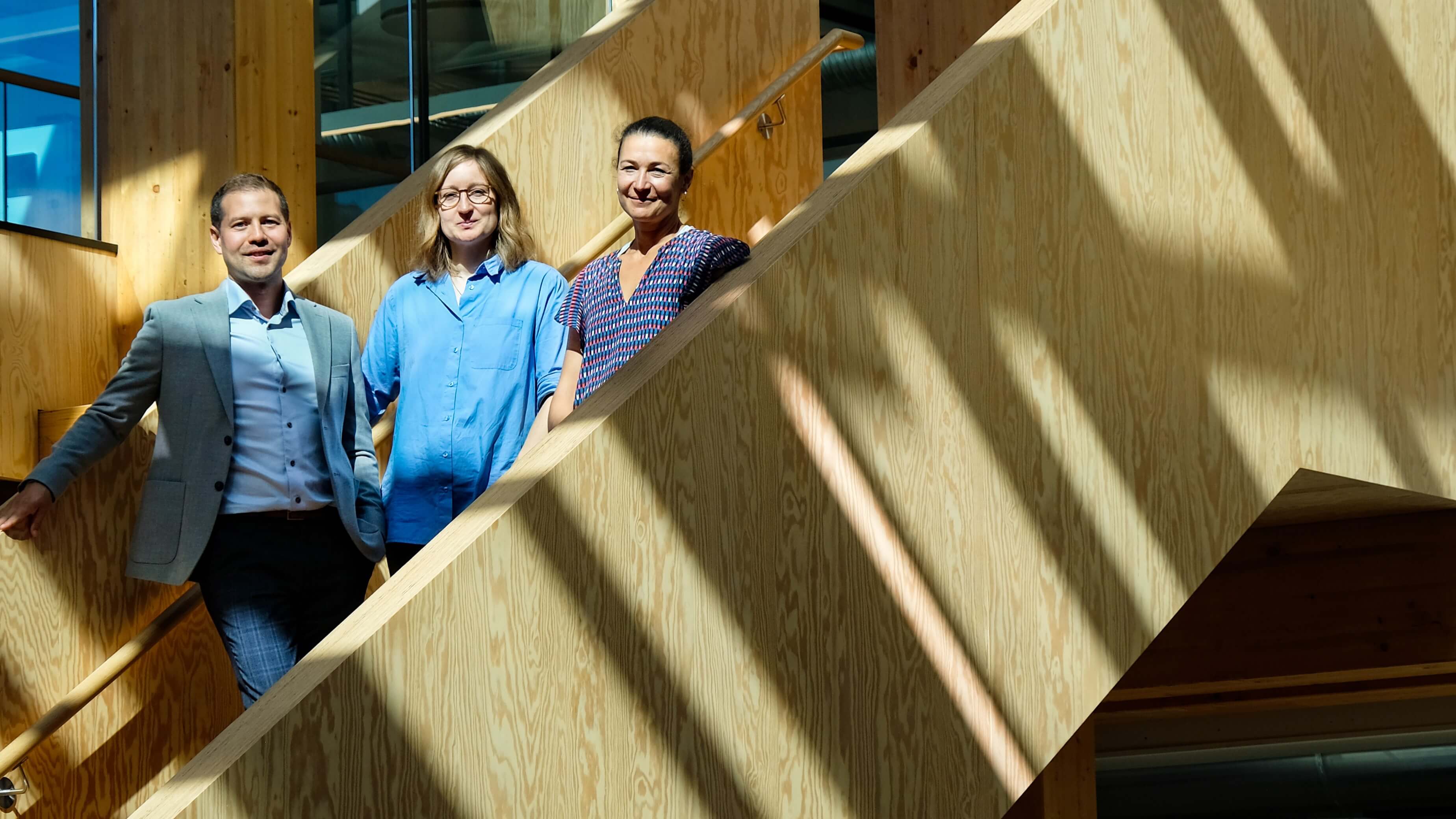Pain treatment for diabetics inspired by marine cone snails │Akasi Pharma
Walden Bjørn-Yoshimoto is CEO of Akasi Pharma, a company working to develop a new type of pain relief for diabetics, inspired by marine cone snail venom. Initially, however, it wasn’t Walden's dream to work with innovation and business development. In this article he tells us about how skilled people in his research environment saw innovation potential in the research he was working on and helped lead him down a new path towards innovation and entrepreneurship.

The story of Akasi Pharma begins in the Philippines. Here, Walden's former colleague, Iris Bea Ramiro, discovers a new molecule from poisonous marine cone snails. Bea examines the effect of the venom in mice and discovers that it makes the mice less active. She subsequently identifies the substance that creates the observed effect.
Walden smiles a little as he explains: “It took 6-6.5 years before we finally published an article about the discovery. Here we were able to show the structure of the substance that Bea had solved together with our then supervisor, Helena Safavi. With that knowledge, we were able to find many more substances in the same family. One of the new substances we identified not only affected the same receptor system that we saw the first substance do, but was also very selective towards a certain type of these receptors. We quickly noticed that many people were looking at this particular subtype in relation to developing a new form of pain relief. Therefore, we then began to investigate this further.”
Walden elaborates: “We are working on developing a new drug that can alleviate specific types of pain that are really difficult to treat today. Right now, we are focusing on a nerve pain condition that comes as a secondary illness to diabetes. The advantage of our medicine is that it does not interact with any addictive systems and that it causes fewer side effects than many of the drugs on the market today.”
In addition to Walden, Akasi Pharma consists of CSO Helena Safavi and COO Sophie Laugesen. All three have a background as researchers in pharmacology and biochemistry. Akasi Pharma has just signed a licensing agreement. The signing marks that Akasi Pharma will now work independently to get the invention on the market to benefit patients suffering from diabetes-related nerve pain. For Walden, this means a temporary farewell to his research career, as he joins Akasi Pharma full-time.
Patenting?
That development was not in the cards. “I actually worked in a startup before I started my PhD,” says Walden, “but back then I wasn’t interested in innovation at all and had no idea about it. If it hadn’t been for people around me who knew the opportunity was there and could help me further, I wouldn’t have had a chance. I probably wouldn’t have thought of starting something in the first place because I didn’t know it was something you could do.”
When Walden and his team initially continued working on the new substance, it was therefore with research in mind. “When we got the first results, I was about to write an article and publish it, until my supervisor stopped me and said, ‘That’s the very best way to ensure that it will never ever help anyone. Let’s go to KU Lighthouse and tell them we have this invention and see if it’s something worth patenting.’ Because she did that, we’re sitting here today.”

New dreams
Throughout the entire process, Akasi Pharma has had a dedicated innovation advisor at KU Lighthouse, who helped them with the patent application and, especially in the early stages, provided valuable sparring. Walden also benefited greatly from having an office close to his department's Innovation officer, who has founded a spin-out himself. "The first few years, I went to him several times a week with stupid questions, which he was kind enough to answer."
It takes time, knowledge and resources to be able to dedicate yourself to maturing an invention with an eye to commercialisation. Walden has received financial support from SPARK Denmark, UCPH's Proof of Concept fund, the Novo Nordisk Foundation and the Innovation Fund Denmark and has also taken part in several courses and programs. The course Entrepreneurship in Healthcare at the School of Health Innovation was a particularly important path to network and knowledge: "It helped me start thinking about things in a larger perspective - not just the scientific arguments, but also factors such as market and competitors, and it has helped us move to where we are today."
“I dream of our product getting on the market and helping people,” says Walden, adding, “but we’ve come a long way in terms of what we can do, so even if something happens that makes this project ‘die,’ I wouldn’t see it as a waste. At least I’ve gotten enough taste for innovation to be interested in doing it again.”
Talk to those who know more than you
Finally, we ask for some good advice for others who might dream about working with innovation. Walden thinks for a moment before answering. “Who was it that said, ‘if you’re the smartest person in the room, you’re in the wrong room’? I think that’s very true. You’re not going anywhere if you don’t reach out to those who know more than you do. Your job is to understand and integrate their feedback. Constantly go back and do your research and consider how you can address their concerns. I think I’m on version 120 of my pitch,” Walden says with a wry smile.

The team is photographed at the BioInnovation Institute, where Akasi Pharma has its office as part of their participation in the Venture Lab programme. From left: CEO Walden Bjørn-Yoshimoto, COO Sophie Laugesen and CSO Helena Safavi. Photo: Maria Shubhra Ovesen, KU Lighthouse.
Topics
Contact
E-mail: contact@akasipharma.com
Website: https://www.akasipharma.com/
